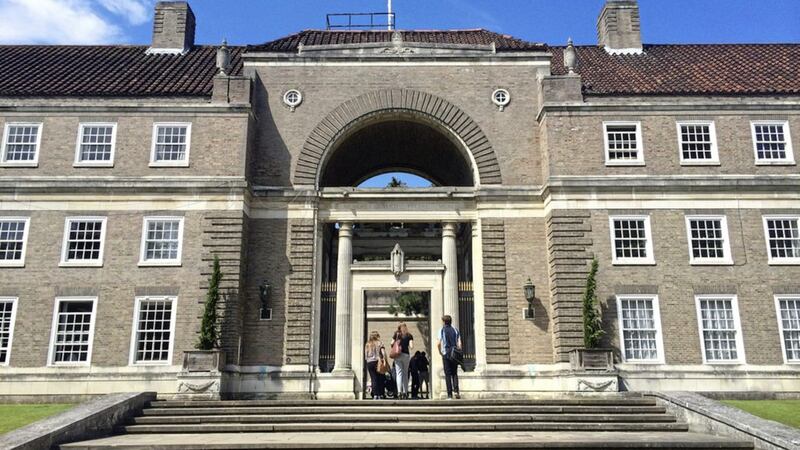CAMBRIDGE and Oxford should found more colleges to help boost the numbers of disadvantaged students at the prestigious universities, it has been suggested.
In recent decades, other universities have expanded much more than Oxbridge, and such a move would give more youngsters from under-represented groups the chance to attend, according to Nick Hillman, director of the Higher Education Policy Institute (HEPI).
The suggestion is included in a paper published by the HEPI and the charity Brightside.
It puts forward ideas and advice on widening access to higher education for the new universities regulator, the Office for Students (OfS), and the new Director for Fair Access and Participation Chris Millward.
Other proposals include looking again at post-qualification admissions, and appointing a commissioner for student mental health.
In the paper, Mr Hillman suggests that higher education "benefits enormously from the presence of Oxford and Cambridge", arguing that "as two of the oldest, most prestigious and most successful universities in the world, the whole system sees trickle-down benefits."
But he goes on to say that thought is needed about making access to the UK's most selective institutions, such as Oxbridge, fairer, alongside widening participation overall -ensuring in general that everyone has the chance to go to university, regardless of background.
Other Russell Group institutions including Queen's University Belfast offer schemes to support students from poorer backgrounds.
The Pathway Opportunity Programme offers some places on reduced points. For example, law would be changed from straight A grades to ABB for some young people.
Mr Hillman said at Oxbridge there was a need to provide more places, so that entry was not such a fierce battle.
"In recent decades, other institutions have expanded their undergraduate numbers far more than the two Oxbridge institutions have done. If existing colleges are reluctant to increase their undergraduate entry, then it is time to consider founding a number of entirely new Oxbridge colleges to boost the number of students from underrepresented groups at our oldest, richest and most prestigious universities."
The two institutions have faced criticism in the past over access, with some critics arguing that they could do more to boost the numbers of disadvantaged students applying for, and taking up, places.
Both operate a collegiate system, whereby students are typically members of an autonomous college within the overall university.
An Oxford University spokeswoman said: "There are no plans to expand overall undergraduate numbers or create new colleges.
"Neither would be a straightforward process: Oxford is made up of around 40 colleges and permanent private halls which already face major accommodation and other resource challenges.
"There are already many other college and university initiatives which are expanding the number of students from under-represented backgrounds."
Professor Graham Virgo, Pro-Vice-Chancellor of the University of Cambridge, said: "Aside from the cost implications, there are other reasons why establishing a new College for disadvantaged students wouldn't be practical.
"The debate is about widening participation and providing greater inclusion.
"Our biggest problem at Cambridge is convincing people they should apply and making it clear to them that they are welcome here.
"What message about inclusivity would be sent out by setting up a new college for this purpose?
"We have no plans to significantly increase undergraduate numbers because the tuition fee only covers half the cost of an undergraduate degree."








